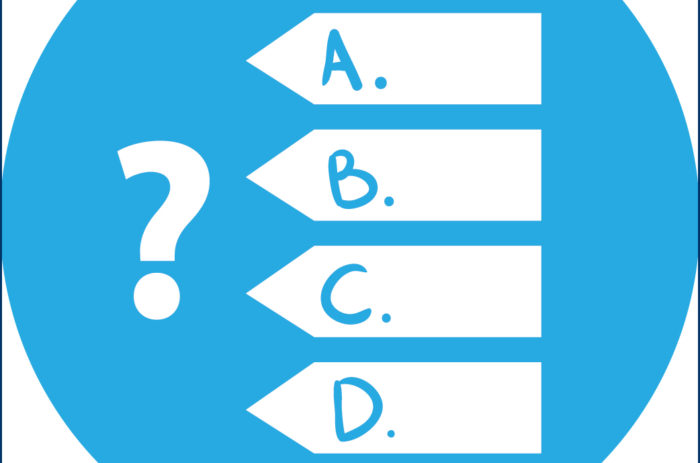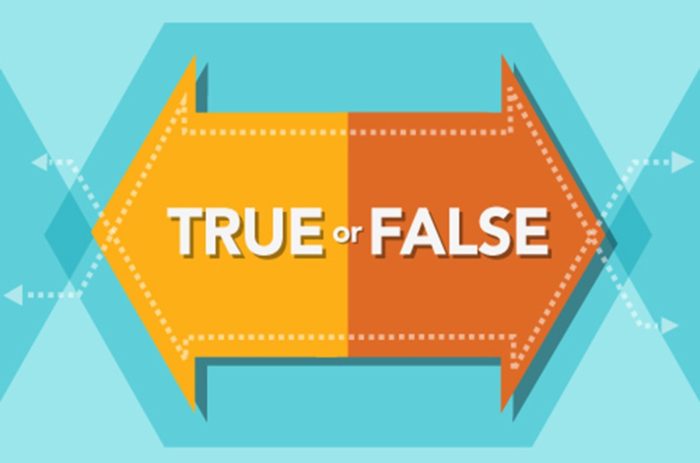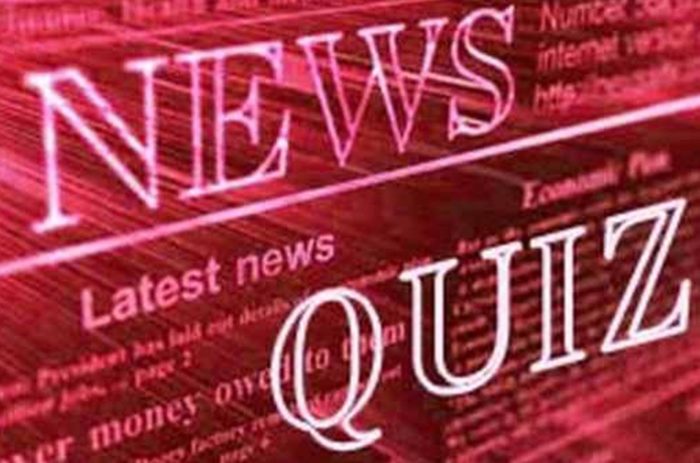Questions
1. In his Book of Prophesies, Christopher Columbus credits _________________ for enabling him to make his historic trip.
a) King Ferdinand and Queen Isabella
b) His father
c) His skill as a sailor and a navigator
d) God
2. Columbus wrote a letter in 1493 to King Ferdinand’s treasurer reporting on his voyage. In it, he describes the natives they encounter as:
a) trustworthy and generous
b) foolish savages
c) idol worshippers
d) unteachable imbeciles
3. _______________________ has enabled the U.S. to overtake Russia as the largest producer of natural gas, and possibly do the same with crude oil.
a) President Obama
b) the Hydraulic fracturing technique
c) government regulations preventing new coal plants from being built
d) wind farms in the Texas panhandle
4. Factors that could possibly end the shale boom in the U.S. include all but:
a) the increased public opposition to fracking
b) government regulations
c) a limited supply of shale oil and gas
d) commodity prices
5. The P5+1 is a group of countries working to come to an agreement with Iran in regard to its nuclear program. The term refers to the five permanent members of the UN Security Council (who have nuclear weapons): ________________________________, plus Germany.
a) Great Britain, France, Saudi Arabia, the U.S. and Israel
b) the U.S., Russia, China, United Kingdom and France
c) Japan, Canada, Cuba, the U.S. and Israel
d) Russia, China, Israel, the United Kingdom and the U.S.
6. In a speech to the Israeli parliament this week, Prime Minister Benjamin Netanyahu warned that the P5+1 group shouldn’t ease pressure on Iran, saying that it would be a “historic mistake” to relax pressure on Iran “a moment before sanctions achieve their goal.” Israel wants Iran to do all but:
a) stop enriching uranium
b) give up material enriched so far and instead obtain nuclear fuel from a third country
c) dismantle its nuclear weapons facilities
d) build wind farms and solar fields to generate the needed electricity
7. The Supreme Court heard the case “Schuette v. Coalition to Defend Affirmative Action” this week. What aspect of affirmative action will the U.S. Supreme Court decide on in this case?
a) the Court will decide whether bans on affirmative action by universities violate the Constitution
b) the Court will decide whether the lack of affirmative action policies in private companies violate the Constitution
c) the Court will decide whether affirmative action policies implemented by universities violate the Constitution
d) the Court will decide whether bans on affirmative action passed by voters in states across the country violate the Constitution
8. Proposal 2 amended Michigan’s state constitution to prohibit admissions programs that “give preferential treatment to” or “discriminate against” people based on their ____________________. Michigan voters passed Prop 2 in 2003 after the Supreme Court refused to end affirmative action programs at the University of Michigan Law School.
a) race
b) GPA
c) religion
d) marital status
9. The Obama administration announced this week that the U.S. will cut the approximately __________ in military aid to Egypt because of the military’s decision to overthrow the freely-elected Islamist President Mohamed Morsi following massive, prolonged protests by millions of Egyptians over Morsi’s abuse of power.
a) $1.5 billion
b) $150 million
c) $1.5 million
d) $50 billion
10. In response to the U.S. announcement, the Egyptian government has said that it could look to other countries for military aid, possibly:
a) Israel
b) Syria
c) Russia
d) Iran
Daily “Answers” emails are provided for Daily News Articles, Tuesday’s World Events and Friday’s News Quiz.



